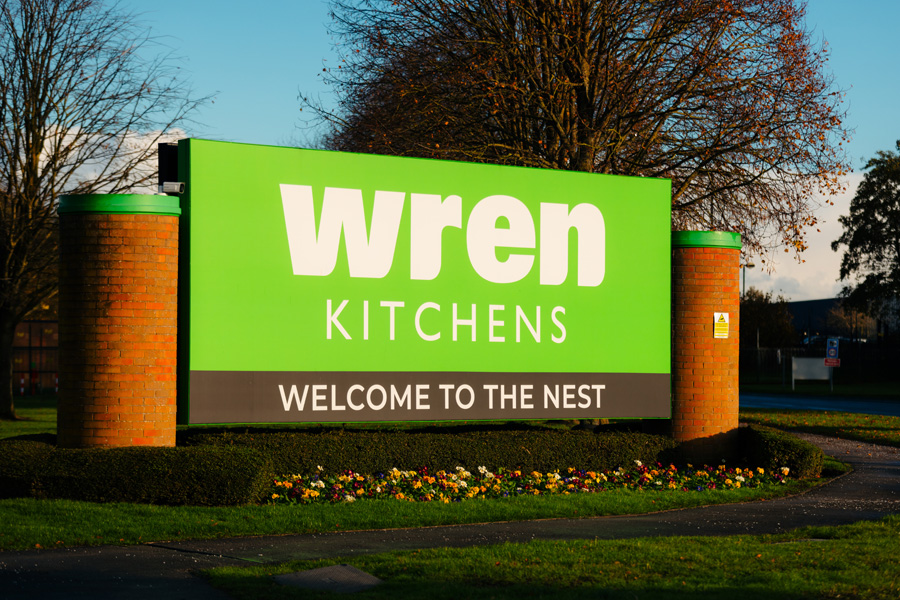The high levels of
economic and political uncertainty pervasive across domestic and global markets
continued to weigh heavily on the performance of UK manufacturing during
August.
Output volumes fell
as intakes of new work contracted at the fastest pace for over seven years,
while business optimism dropped to a series-record low.
At 47.4 in August,
down from 48.0 in July, the headline seasonally adjusted IHS Markit/CIPS
Purchasing Managers’ Index (PMI) fell to its lowest level since July 2012. The
downward movement in the headline index was centred on an accelerated
contraction in new work, which decreased to the greatest extent in 85 months.
Survey data were collected between 12-27 August.
Steep reductions in
new orders were registered across the consumer, intermediate and investment
goods industries, contributing to the ongoing downturns in output in all three
product categories. Where a decrease in new orders was reported, this was linked
to weaker domestic and global economic conditions, low market confidence,
Brexit concerns, business uncertainty and a slowdown in client spending.

The level of new
export business contracted at the fastest rate in over seven years in August.
Ongoing global trade tensions, slower world economic growth and Brexit
uncertainty were all mentioned by manufacturers as factors contributing to
reduced overseas demand. There were reports that some EU-based clients were
routing supply chains away from the UK due to Brexit. Inflows of new work from
the USA and Asia also weakened.
Business optimism
slumped to its lowest level since a question tracking expectations for future
output was added to the survey in July 2012. Lower levels of optimism were
linked to weakening market conditions, signs of a global economic slowdown,
Brexit uncertainty and subdued client confidence. That said, manufacturers
still expect to see some output growth over the coming year, as highlighted by
40% of companies forecasting expansion compared to only 13% anticipating a
decline.
Manufacturing
employment fell at one of the fastest rates over the past six-and-a-half years
in August. Job cuts were driven by cost saving initiatives (including
reorganisations and redundancies), slower economic growth and the continued
impact of Brexit uncertainty. Stocks of finished goods moved mildly higher,
while input inventories edged lower. These trends reflected an interplay
between companies reducing safety stocks built around the original Brexit date
and those gearing up for a departure at the end of October. Input price
inflation remained solid in August. Of the companies providing a reason for
increased purchase prices, over 80% made at least some reference to the
exchange rate.
Manufacturers passed
part of the increase in costs on to clients, leading to a further rise in
average selling prices. The strongest rates of increase signalled by both price
measures were seen in the intermediate goods sector.
Rob
Dobson, Director at IHS Markit, which compiles the survey: “High levels of economic and political uncertainty
alongside ongoing global trade tensions stifled the performance of UK
manufacturers in August.
"Business
conditions deteriorated to the greatest extent in seven years, as companies
scaled back production in response to the steepest drop in new order intakes
since mid-2012. Based on its historical relationship against official ONS data,
the latest PMI Output Index is consistent with a quarterly pace of contraction
close to 2%.
"The outlook
also weakened as the multiple headwinds buffeting the sector saw business
optimism slump to a series-record low.
“Demand from
domestic and export markets both weakened in August, with new export business
suffering the sharpest fall in seven years. The global economic slowdown was
the main factor weighing on new work received from Europe, the USA and Asia.
There was also a further impact from some EU-based clients routing supply
chains away from the UK due to Brexit.
“The further
downturn in export orders occurred despite a weakening in the sterling exchange
at the start of the month. This was felt on the costs front though, with 80% of
companies providing a reason for higher purchase prices making at least some
reference to the exchange rate.
"The current
high degree of market uncertainty, both at home and abroad, and currency
volatility will need to reduce significantly if UK manufacturing is to make any
positive strides towards recovery in the coming months.”




















